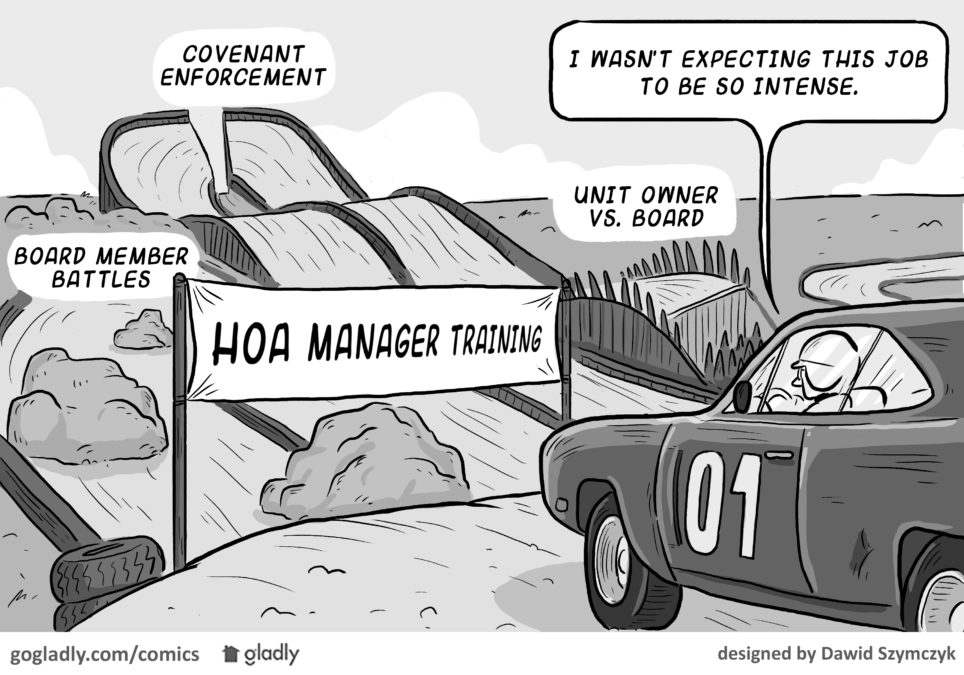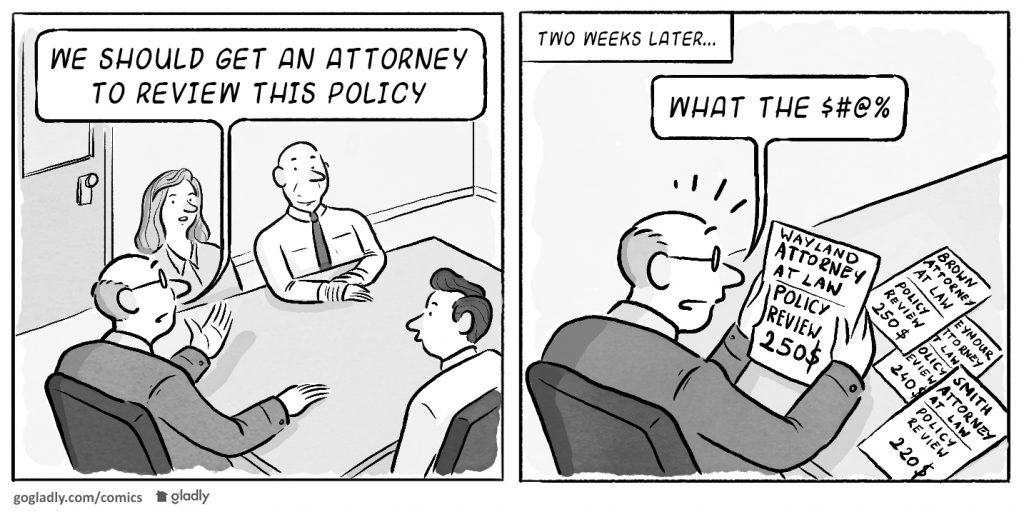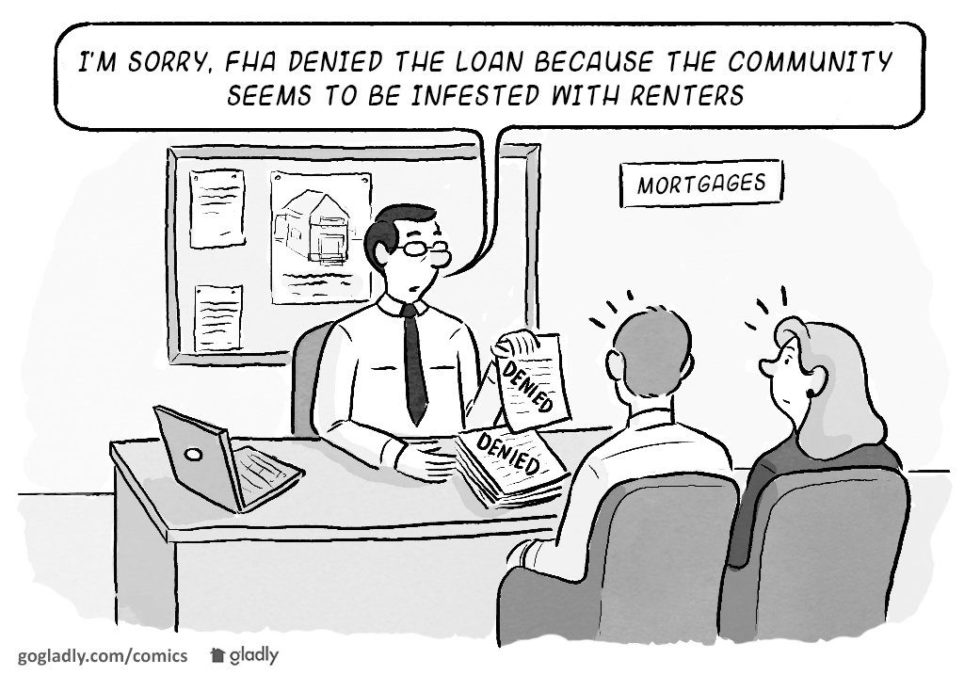

by Phaedra J. Howard | Feb 28, 2019
If you haven’t already, you’re likely to come across the issue of marijuana sooner than later. With evolving regulations, you’ll need to be ready to handle this “growing” issue (see what we did there?). Read More...
[et_social_share]


by Kat Marquis | Sep 26, 2018 |
Iguanas in your condo swimming pool? Not cool! A homeowner turning her garage into a disco? That’s a no-go. Unit owners suing your HOA for breach of fiduciary duty and neglect? What the heck!? Seems like just about any HOA struggle can turn into a lawsuit these days. Here’s how to keep HOA lawsuits to a minimum and stay out of court. Read More...
[et_social_share]


by Burke Nielsen | Jul 12, 2017 |
Your relationship with your HOA attorney can offer a lot of peace of mind or it can be a source of frustration and anxiety. Clear and open communication about expectations, needs, and your budget will help you to work together to reach the goals of your association. Read More...
[et_social_share]


by John Richards | Oct 19, 2016 |
Too often, board members will meet and discuss an issue or project that they need to discuss with their attorney and will not appoint a board member to contact the attorney. Before they know it, all board members have contacted one or multiple attorneys for legal advice regarding the same exact issue. As a result, the association will have to pay twice the amount, if not more, for duplicative work on the same project. Read More...
[et_social_share]


by John Richards | Sep 8, 2016 |
Many community associations maintain documents and records for many years, even decades. Most state laws require that owners be allowed to inspect records of the association under specific conditions, but the inspection right is broad. In some cases homeowners will request documents in an effort to conduct a witch-hunt against the HOA. So how long do you keep records, and what records need to be kept? Read More...
[et_social_share]


by Douglas C. Shumway | Aug 31, 2016 |
One of the things that creates an obstacle for some associations in obtaining FHA certification is the requirement that 50% of the units must be owner-occupied. A new law changes this requirement, however, in a way that benefits condo associations, purchasers, and developers. On July 29, 2016, President Obama signed into law the Housing Opportunity Through Modernization Act (passed by unanimous vote in the US House of Representatives), which changes FHA requirements for condominium certification. Read More...
[et_social_share]








 Help
Help